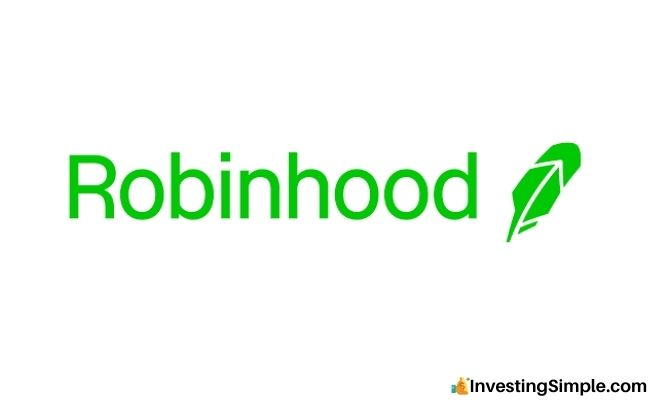





If you're an investor with Robinhood, you may have heard of Stock Lending.
This program allows you to earn extra income on the stocks you already own by lending them out to borrowers.
Here's what you need to know to get started and understand how it works in 2025.
When you lend out your stocks, you earn interest on the loan, which is paid to you on a monthly basis.
Robinhood facilitates the lending process by lending your stocks to institutions like financial firms who use them for trade settlements, short selling, or as collateral.
To be eligible for Stock Lending through Robinhood, you need to meet at least one of the following:
Note that if your account is flagged for pattern day trading (PDT), you cannot enable Stock Lending until that flag is removed.
If you are eligible, you can enable Stock Lending through the Robinhood app or website by navigating to: Account → Menu (3 bars) → Investing → Manage Stock Lending.
Once enabled, Robinhood will begin seeking borrowers for your stocks. You currently cannot choose which stocks to lend; instead, your entire portfolio of fully paid whole shares will be considered.
If your stocks are loaned out, you maintain economic ownership and can sell your shares at any time, realizing any gains or losses as usual.
However, while loaned, you temporarily lose voting rights associated with those shares since they are held by the borrower during the loan period.
Robinhood Securities, LLC loans your stocks primarily to large financial institutions and market participants who use them for:
This lending activity helps maintain market liquidity but also explains why your loaned shares lose voting rights temporarily.
You receive monthly payments from Robinhood based on the borrowing activity of your shares. Robinhood pays you either:
Your actual payout varies month to month and depends on factors like market demand for borrowing those stocks and availability.
For instance, stocks that are hard to borrow or heavily shorted generally generate higher lending income.
When your stocks are on loan, the company may still declare dividends, but since you don't have voting rights during the loan, you receive "manufactured dividends" or "cash in lieu of dividends" instead of regular dividends.
These manufactured dividends are passed through Robinhood from the borrower and show up on your brokerage statement labeled as "Manufactured Div."
Unlike typical dividends, which often receive favorable capital gains tax treatment, manufactured dividends are taxed as ordinary income at your regular income tax rate, which can impact your tax planning.
Stock Lending can provide additional income, but it's important to understand the risks involved, including:
Borrowers must adjust collateral daily to reflect market value changes, which helps minimize risk, but some risk remains.
Always consider consulting a tax professional to understand how Stock Lending may impact your tax situation.
To enable Stock Lending:
To disable Stock Lending, follow the same steps and toggle it off. You can manage participation at any time.
Your monthly income from Stock Lending depends heavily on:
For example, if Robinhood lends out 100 shares of a stock you own at a rebate rate of 5% annualized, your share of the income might be roughly 15% of that daily rate, paid monthly. In months with low demand, your income may be minimal or zero.
No. Only fully paid whole shares are eligible for lending. Fractional shares are excluded except for the whole share portion. For example, if you own 2.7 shares, only 2 shares can be loaned.
Yes. When your shares are loaned out, you temporarily lose voting rights on those shares because they are held by the borrower during the loan period.
You will receive manufactured dividends in lieu of regular dividends on loaned stocks, which are taxed as ordinary income. Earnings from stock lending are reported on your account statements. Consult a tax professional for personalized advice.
Robinhood's Stock Lending program allows you to generate extra income from your existing investments by lending fully paid stocks to institutions for short selling and other purposes.
While your shares remain available for sale and you retain economic ownership, consider the risks of borrower default, market volatility, tax implications, and temporary loss of voting rights.
Before opting in, ensure you meet eligibility requirements and understand how Stock Lending works.
Your income from the program will vary monthly and depends on market demand.
With informed decision-making and careful management, Stock Lending can be a useful addition to your investment strategy.
Don't forget to grab your free stock worth up to $200 from Robinhood today!